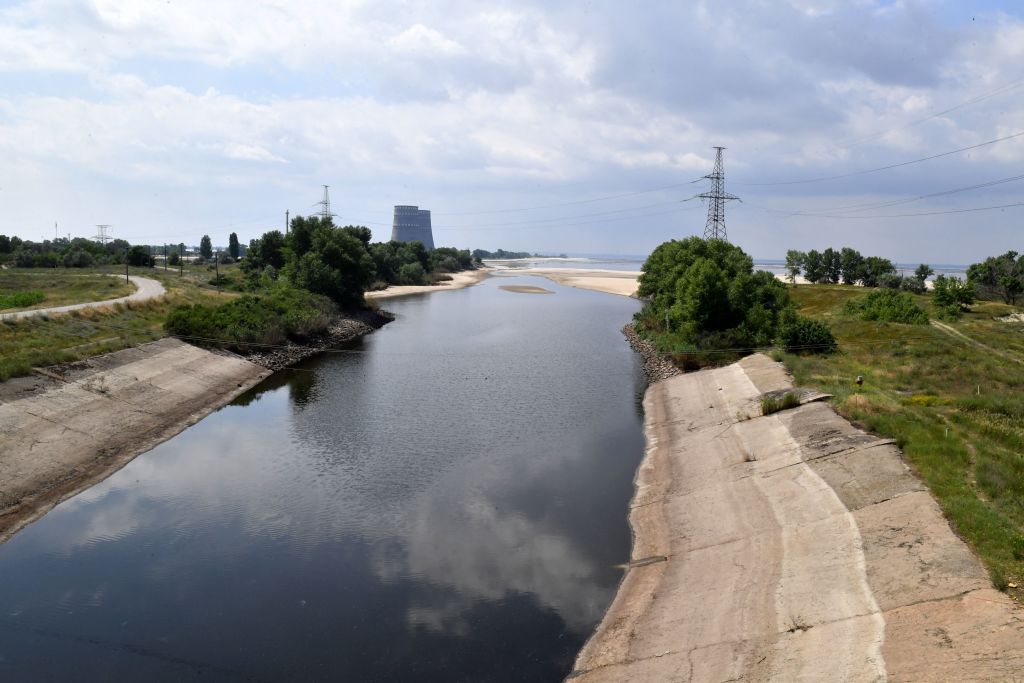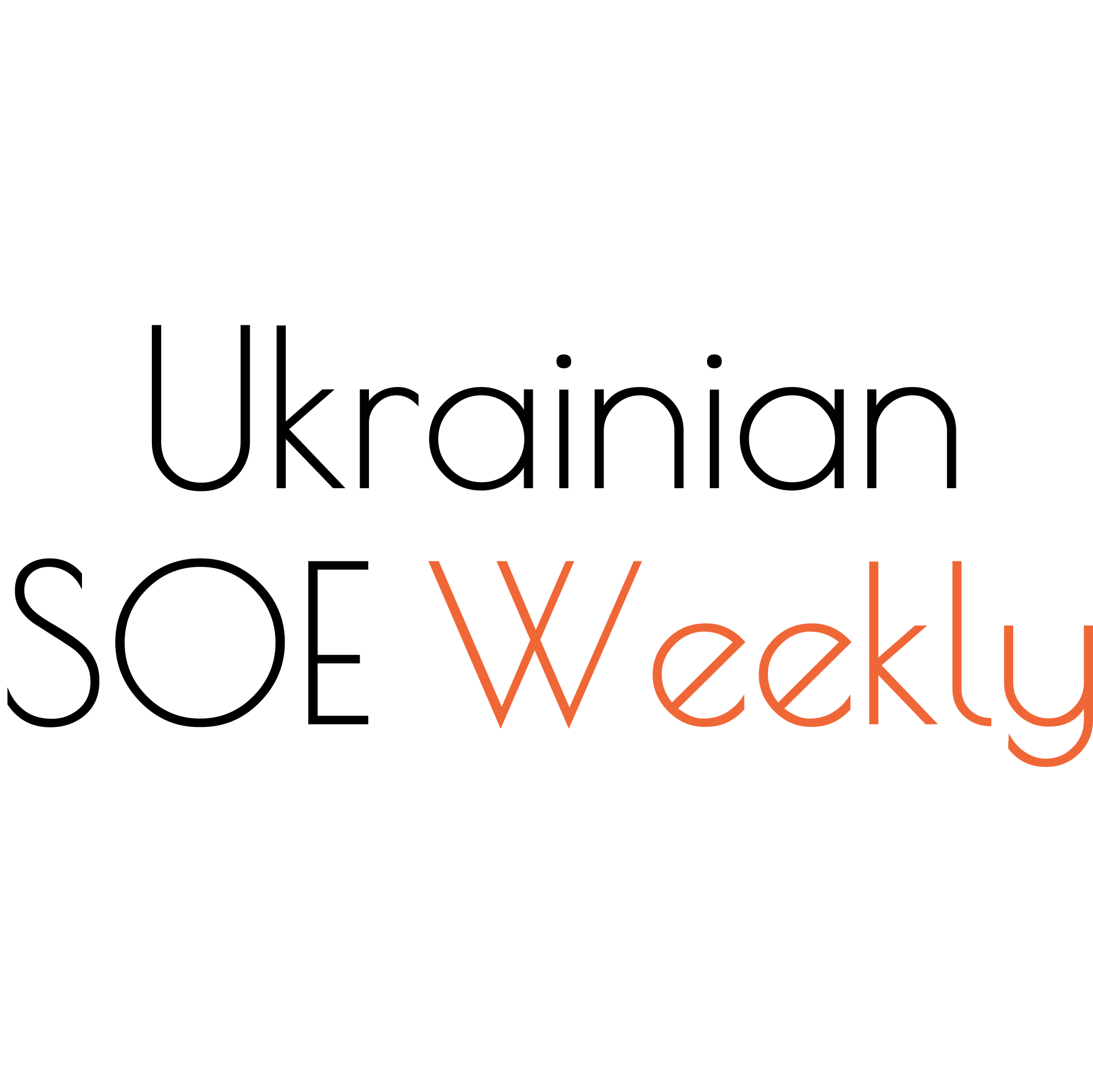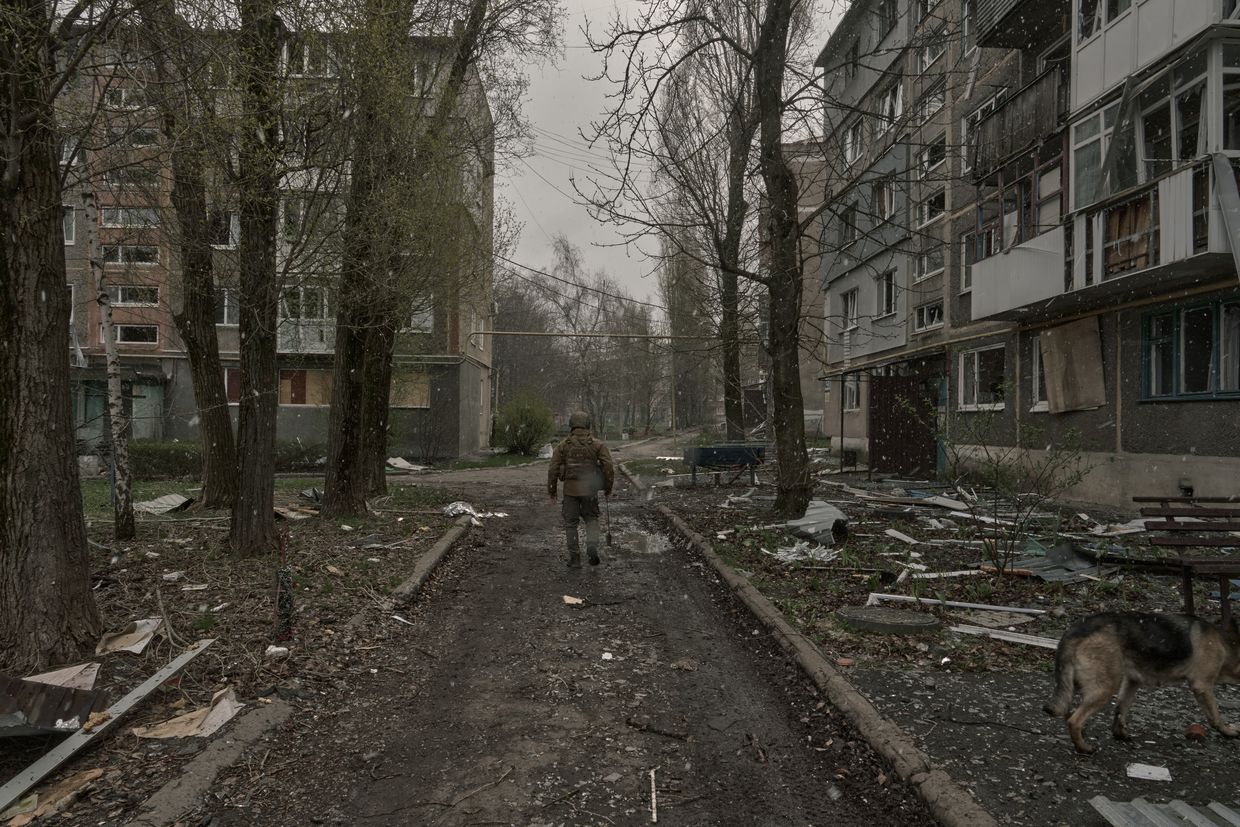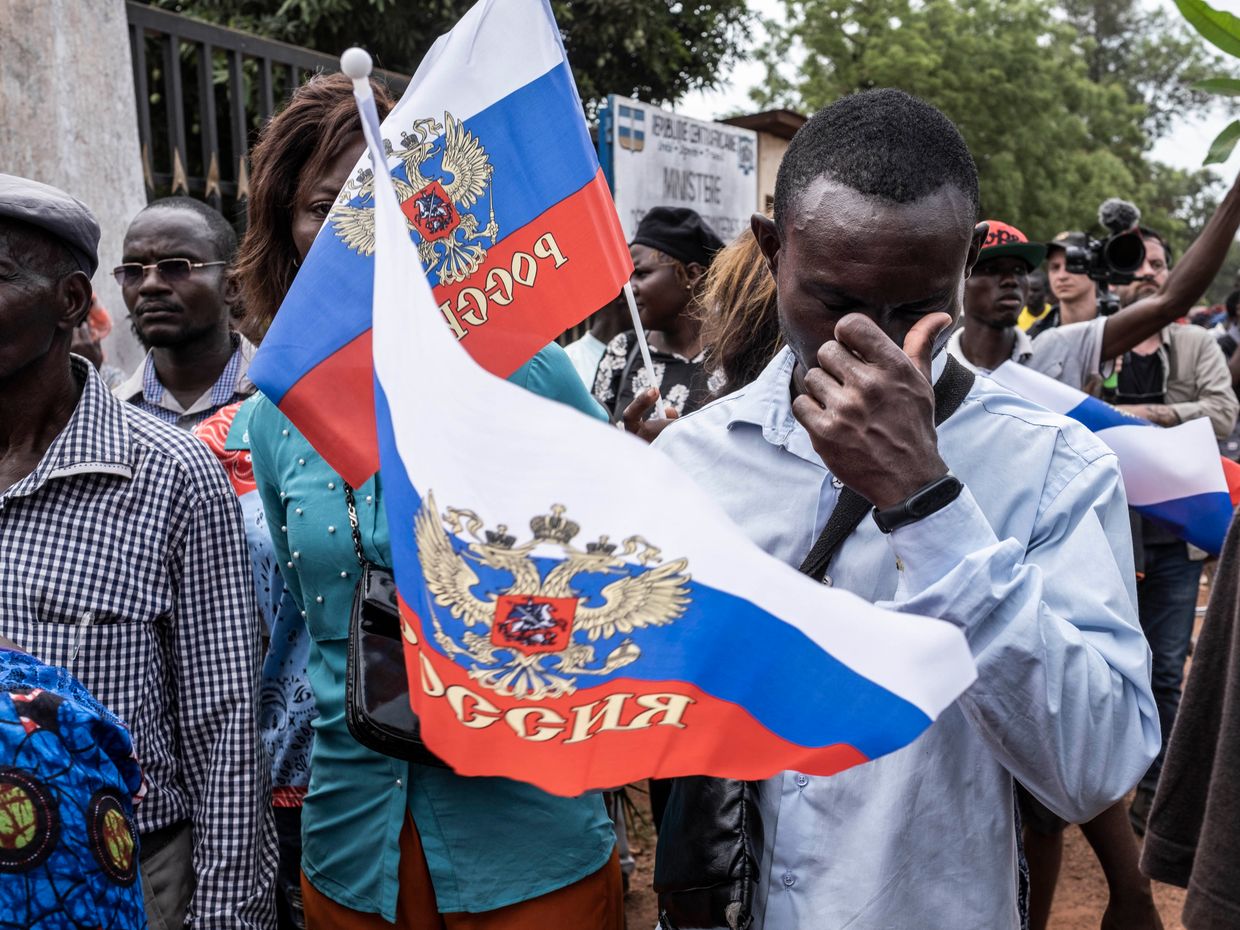Editor’s Note: This is issue 94 of Ukrainian State-Owned Enterprises Weekly, covering events from June 17-23, 2023. The Kyiv Independent is reposting it with permission.
Ukrainian SOE Weekly is an independent weekly digest based on a compilation of the most important news related to state-owned enterprises (SOEs) and state-owned banks in Ukraine. This publication was produced with the financial support of the European Union within the project “Supporting Ukraine in rebuilding and recovery” implemented by the KSE Institute. The contents of this publication are the sole responsibility of the editorial team of the Ukrainian SOE Weekly and do not necessarily reflect the views of the European Union.
Corporate governance of SOEs
State Property Fund to liquidate over 1,200 loss-making SOEs. On June 16, the State Property Fund of Ukraine (SPFU) reported that it had analyzed 2,364 enterprises currently managed by the SPFU:
- 134 are strategic assets that will remain under the management of the SPFU;
- 288 are to be privatized and are looking for investors;
- 664 are in occupied territories; and
- 1,278 are slated for liquidation or bankruptcy.
The assets that remain under the SPFU’s management are strategic enterprises and enterprises important for social policy, such as the operating and profitable prosthetic and orthopaedic producers or defense companies, the SPFU added. The SPFU did not specify the names of companies.
By the end of 2023, the SPFU plans to take over the management of about 1,200 more SOEs.
According to the SPFU, the liquidation of non-performing assets would allow it to reduce the debt burden on the state budget, pay wage arrears to employees, create new businesses using the property of unprofitable enterprises, and develop the Ukrainian economy.
Liquidation of enterprises can take from four months to 1.5 years. The SPFU plans to liquidate 347 companies in 2023, 400 companies in 2024, and another 141 in 2025.
In SOE Weekly (Issue 90), we reported that since September 2022, the SPFU has replaced 89 CEOs and 53 supervisory board members at enterprises that it manages. The fund was awaiting appointment approvals at another 26 enterprises.
In Issue 83, we reported that the Verkhovna Rada approved a mechanism for liquidating more than 1,200 non-performing SOEs.
In Issue 79, we reported that the SPFU announced that it planned to replace chief executives at 65 SOEs. The decision was based on the analysis of those enterprises’ financial indicators.
In Issue 75, we reported that the SPFU announced that it began dismissing SOE managers found to be lacking integrity.

Ukroboronprom’s supervisory board approves its strategic development priorities until 2034. On June 21, Ukroboronprom reported that its supervisory board approved the strategy that sets priorities for Ukroboronprom itself and the companies that it oversees for 2023-2034.
SOEs, particularly those overseen by Ukroboronprom, were responsible for delivering 36% of the State Defense Order in 2020.
According to Ukroboronprom’s release, its primary objective is to ensure the sustainable development of production and technology infrastructure. This includes serial production and supply of products and services to meet the needs of Ukraine’s Security and Defense Forces.
The strategic priorities of Ukroboronprom and its enterprises include:
- preserving the existing scientific, technical, and production competence;
- developing new competence through technology transfers from leading Western companies; and
- supporting the entire life cycle of state-of-the-art weapons and military equipment models.
Ukroboronprom aims to ensure that weapons and military equipment used by the Security and Defense Forces of Ukraine and NATO member states are interoperable and interchangeable. To achieve this, Ukroboronprom will cooperate with defence companies from the United States, as well as other NATO and EU member states.
Previously, we reported that Ukroboronprom established several production sites in NATO countries. See SOE Weekly’s issues 91, 88, 74, 79, and 80 for detail.
Note that it is important for the SOEs’ strategy to be in line with the expectations set by the state as the owner. These expectations are typically outlined in the state ownership policy.
The concept of corporate governance reform of Ukroboronprom, including its ownership policy, was drafted by Andriy Boytsun, Oleksandr Lysenko, and Dmytro Yablonovskyi, members of the SOE Weekly team, as well as the international law firm Kinstellar, in early 2020.
The policy was subsequently adopted by the government in 2021. For a discussion of these documents, see the OECD Review of the Corporate Governance of State-Owned Enterprises in Ukraine.
However, no public information is available on whether any changes have been contemplated to that policy since the full-scale invasion of Russia. We are also unaware of how Ukroboronprom’s recently approved strategy reflects its ownership policy.
In SOE Weekly (Issue 59), we reported that in July 2021, the Verkhovna Rada adopted Law 1630-IX (previously known as Draft Law No. 3822) which laid the groundwork for Ukroboronprom’s transformation.
On Dec. 9, 2021, the Cabinet of Ministers approved resolutions and ordinances to convert Ukroboronprom into a joint-stock company. The Cabinet also approved the conversion of Ukroboronprom’s 43 uncorporatized enterprises into joint-stock companies or limited liability companies fully controlled by the state.
As we reported in Issue 80, the Cabinet said in a press release that it approved the corporatization of Ukroboronprom on March 21.
In Issue 83, we reported that the corporatization had not yet begun: The government resolution to convert the State Concern Ukroboronprom into a joint-stock company called Ukrainian Defense Industry was not public yet.
On May 4, the Cabinet of Ministers published the resolution. (See Issue 87 for detail.)
However, the conversion of Ukroboronprom, as required by that resolution, remained blocked (see Issue 92).
Among other things, the corporatization of Ukroboronprom implies setting up a new supervisory board that will include independent members. This board will have yet to develop a strategic view for the newly corporatized company, including updating the current strategic priorities or developing new ones.
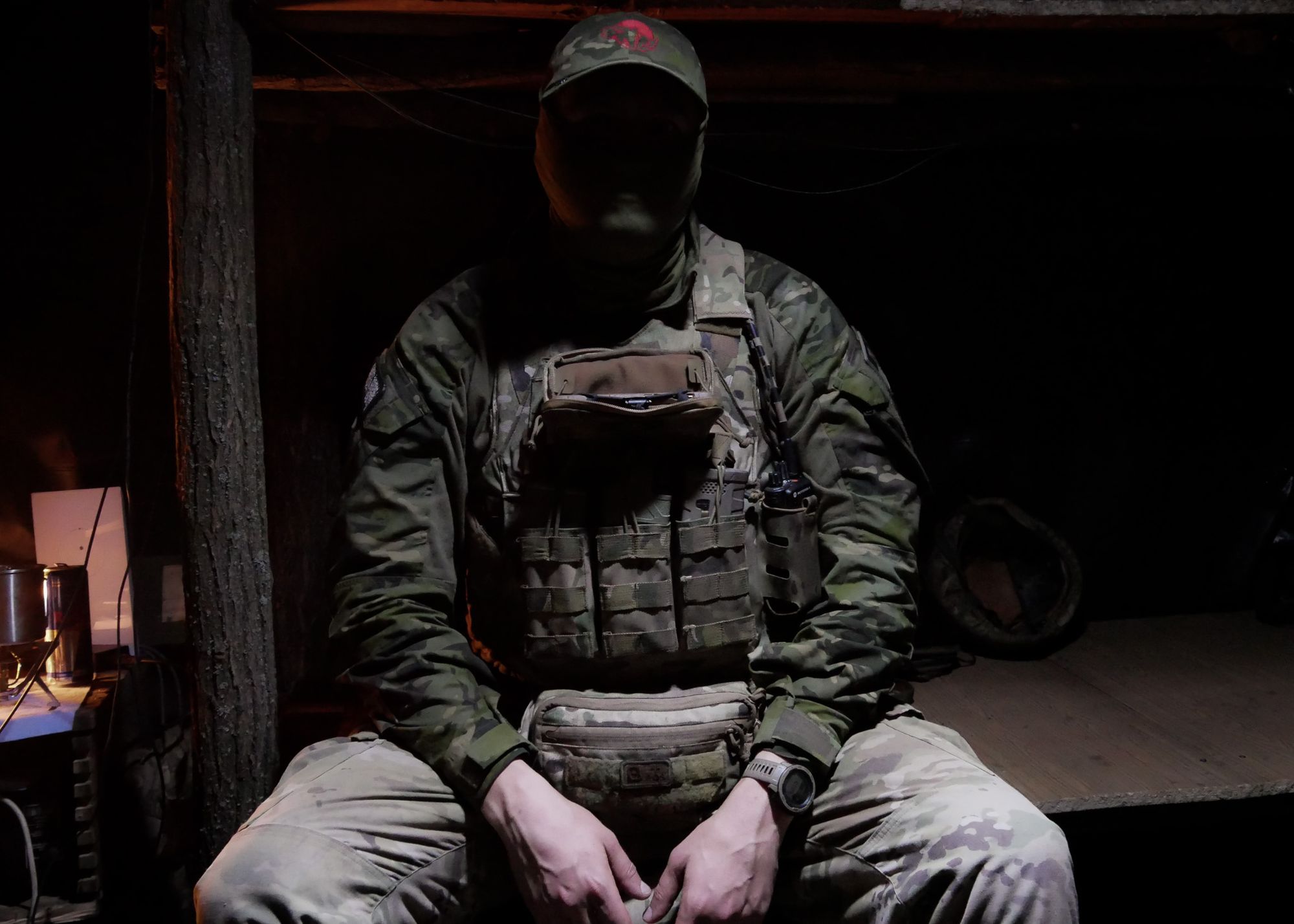
Energy
EBRD to provide 600 million euros to support Ukraine’s energy sector – funds would go to Ukrenergo, Naftogaz, and Ukrhydroenergo. On June 21, Prime Minister Denys Shmyhal reported that the European Bank for Reconstruction and Development (EBRD) would support the Ukrainian energy sector with a 600 million euro aid package in 2023.
According to Shmyhal, the relevant memorandums were signed on the sidelines of the Ukraine Recovery Conference in London. Each company would receive 200 million euro in the form of loans and grants from international partners.
The EBRD’s memorandum with Naftogaz envisages three main areas of cooperation: building strategic natural gas reserves, investments to decarbonise and reduce methane emissions, and investments to improve energy efficiency, the Prime Minister added.
According to Ukrhydroenergo, the EBRD will also support the restoration and modernisation of its hydroelectric power plants.
The EBRD stated that the financing package would be provided in response to the recent flooding in the Kherson region caused by the destruction of the Nova Kakhovka dam. State-owned Ukrhydroenergo holds the assets of the Kakhovka Hydroelectric Power Plant (Kakhovka HPP).
Fifty million euro would be liquidity financing to support the company’s resilience, while the remaining 150 million euro is earmarked for the restoration of two hydroelectric power plants near the occupied Zaporizhzhia Nuclear Power Plant, the EBRD explained.
As SOE Weekly wrote in Issue 91, Ukrhydroenergo reported that the Kakhovka HPP was destroyed beyond restoration after the Russians set off a massive explosion in the engine room.
The memorandum with Ukrenergo lays out the goal to ensure stable and uninterrupted transmission and dispatch of electricity, Shmyhal said. According to Ukrenergo’s CEO Volodymyr Kudrytskyi, this is not the first investment in the stability of the Ukrainian energy sector by international partners.
Since Russia’s full-scale invasion, Ukrenergo has attracted financial support from the EBRD in the form of loans and grants worth more than 500 million euro. About 300 million euro of that amount strengthened the company’s liquidity and allowed it to make payments to market participants for 2022 and 2023, Kudrytskyi wrote.
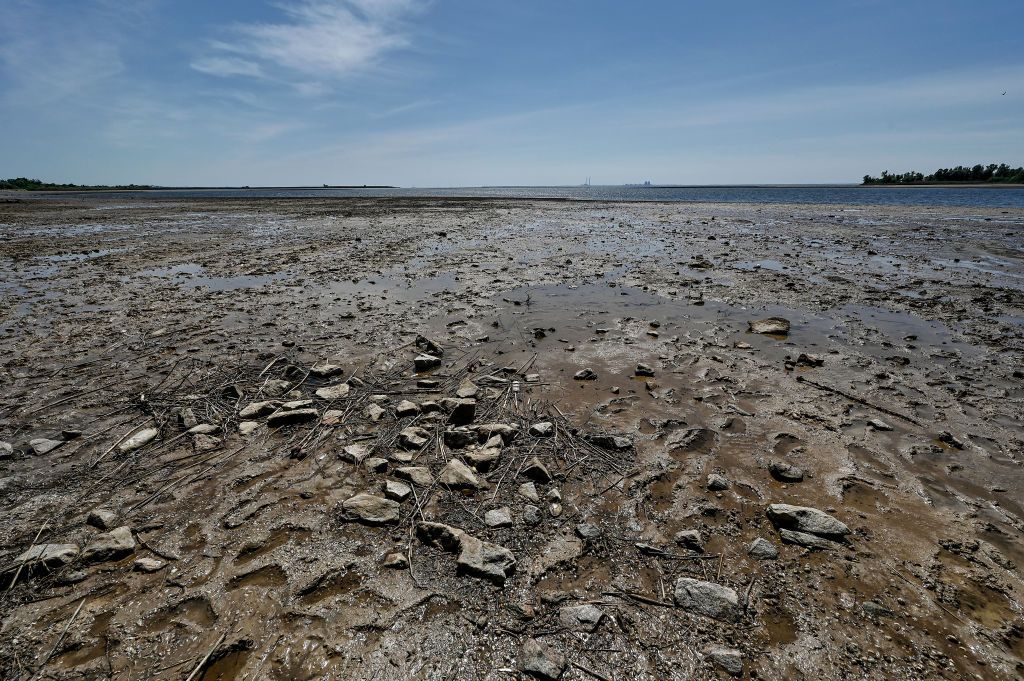
Naftogaz sues Russia in US court, seeking $5 billion in compensation for Crimean assets. On June 23, Naftogaz reported that it filed a motion to the U.S. District Court for the District of Columbia as it tries to claim an earlier $5 billion award by the Arbitral Tribunal of the Permanent Court of Arbitration at The Hague.
The tribunal ordered Russia to pay $5 billion plus interest, in compensation for the damages and lost property in Crimea. Russia never paid it.
According to the Naftogaz statement, the company has the right to initiate enforcement under the 1958 New York Convention in countries hosting Russian assets.
Under U.S. laws, confirmation of the award is mandatory unless the court establishes the existence of causes to refuse or delay recognition or enforcement of the award set out in the New York Convention. Interest will continue to accrue until Russia pays in full, Naftogaz explained.
In SOE Weekly (Issue 83), we reported that The Hague’s Arbitral Tribunal at the Permanent Court of Arbitration ordered Russia to pay $5 billion to cover Naftogaz Group’s losses in Crimea when Russia seized them in 2014.
Defense
Ukroboronprom reports successful use of a new drone. On June 20, Ukroboronprom reported about the successful use of a Ukraine-produced drone with a 1,000 km range.
According to Ukrainska Pravda’s (UP) sources, the drone was efficiently used on May 3. A Russian oil depot reportedly caught fire on the same day in the village of Volna in Krasnodar Krai in Russia, not far from the Crimean Bridge.
Previously, we reported that Ukroboronprom established several production sites in NATO countries. See SOE Weekly’s issues 91, 88, 74, 79, and 80 for detail.
Confiscation of the aggressor state’s assets, nationalization, and asset seizure
The law on nationalization of Sense Bank comes into force; ABHH threatens litigation. On June 16, President Volodymyr Zelensky signed a law that allows the National Bank of Ukraine (NBU) to nationalize banks of sanctioned owners.
In particular, this applies to the last major Russia-linked bank in Ukraine, Sense Bank (which had operated under the name Alfa-Bank until Dec. 1). The bank’s ultimate beneficial owners are sanctioned Russian oligarchs Mikhail Fridman, Petr Aven, and Andrey Kosogov.
According to Ekonomichna Pravda (EP), the most likely dates for nationalization are June 23 or 30.
Meanwhile, ABH Holdings S.A. (ABHH), the nominal owner of Sense Bank’s shares, said that it was seriously concerned that the NBU would nationalize Sense Bank and only give a nominal amount to ABHH in compensation. ABHH said that it would complain to an international court in that case.
Earlier, the company appealed to the National Security and Defense Council, asking for permission for the bank’s shares to be sold to a European investor. ABHH claimed that the proceeds from the sale would not go to the sanctioned owners.
In SOE Weekly (Issue 91), we reported that the Verkhovna Rada adopted Draft Law No. 9107-1, which allows the NBU to nationalize Sense Bank.
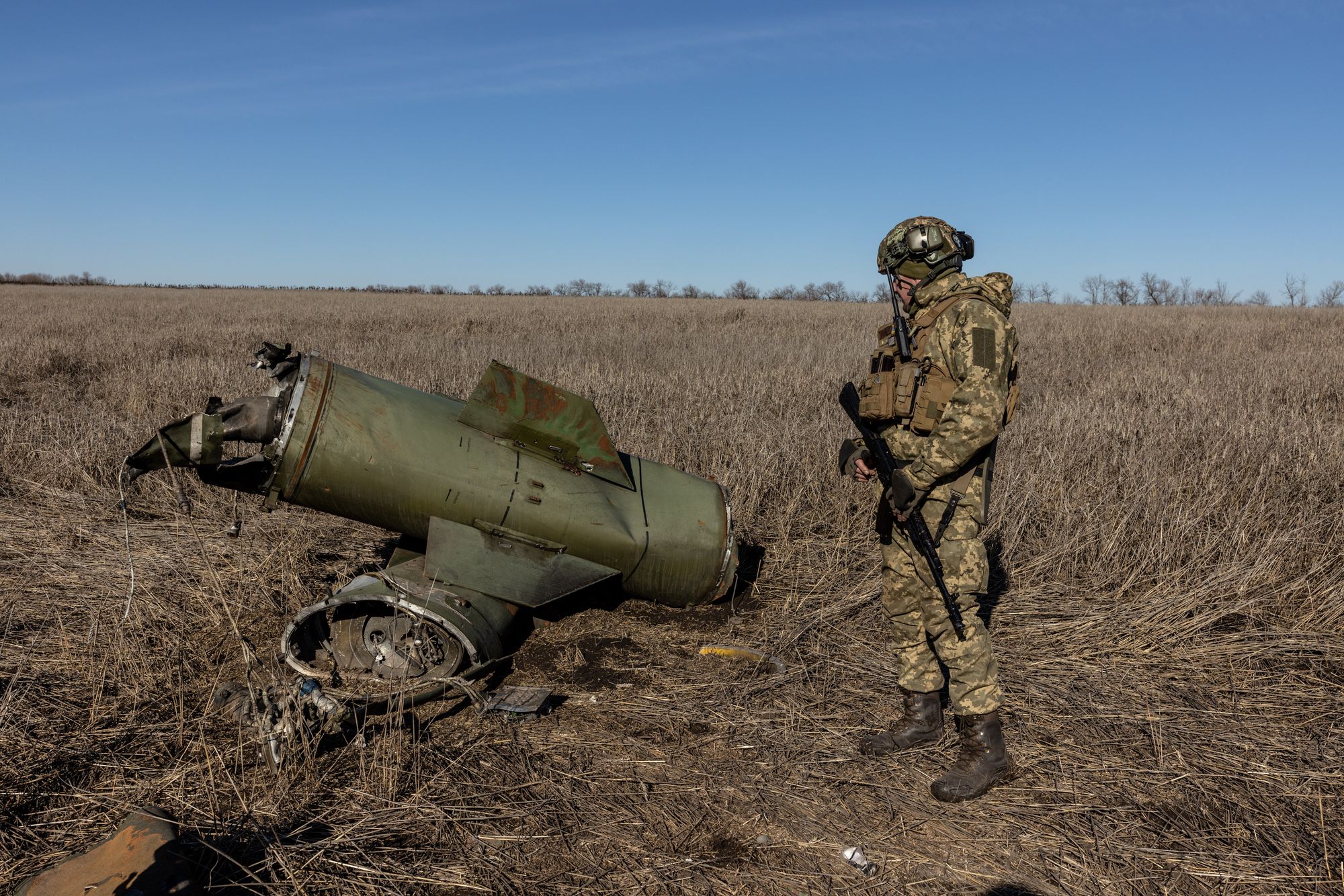
HACC Appeals Chamber rules to nationalize Deripaska’s quarries; rejects the request to nationalize two quarries saying they are not Deripaska’s. On June 16, the Appeals Chamber of the High Anti-Corruption Court (HACC) considered the challenges of companies owned by sanctioned Russian oligarch Oleg Deripaska against the HACC’s Feb. 16 decision to confiscate his assets.
The HACC Appeals Chamber decided to uphold the decision of the HACC to impose sanctions and confiscate 100% of the corporate rights of the following companies: Aluminium Company of Ukraine LLC, Metallurg Service Centre LLC, Mykolaiv Alumina Plant LLC, Hlukhiv Quartzite Quarry LLC, and Zaporizhzhia Lumintorh LLC.
At the same time, the HACC Appeals Chamber denied the Ministry of Justice’s request to confiscate Khust Quarry PJSC and Zhezheliv Quarry PJSC, finding that the evidence of their connection to Deripaska was insufficient. The ruling cannot be appealed.
Ihor Mazepa, CEO of Concorde Capital, previously stated that Khust and Zhezheliv quarries belong to him, Vitaliy Antonov, Vasyl Danylyak, and a German national, Florian Guth. He claimed that none of the investors are related to the Russian oligarchy.
“We bought these assets from Strabag, an Austrian building materials manufacturer, where Deripaska had a 27% stake. That is, these assets have nothing to do with Strabag or its minority shareholder Deripaska,” Mazepa said.
Economy Minister Yulia Svyrydenko expressed disappointment with the decision, saying that it did “not fully comply with the one we sought and fought for,” but Deripaska’s primary assets would be recovered by the state.
In SOE Weekly (Issue 75), we reported that, on Feb. 16, the HACC satisfied the claim of the Ministry of Justice and ruled to transfer companies owned by Deripaska to Ukrainian state ownership.
In Issue 70, we reported that the Ministry of Justice filed a lawsuit with the HACC, seeking to seize assets belonging to Deripaska.




